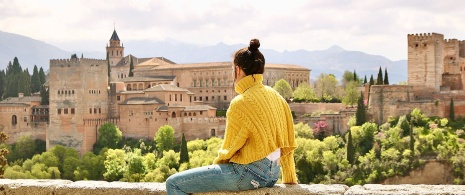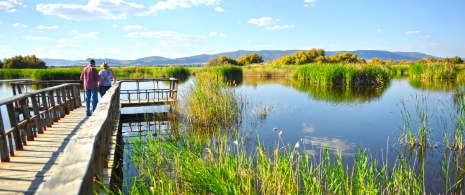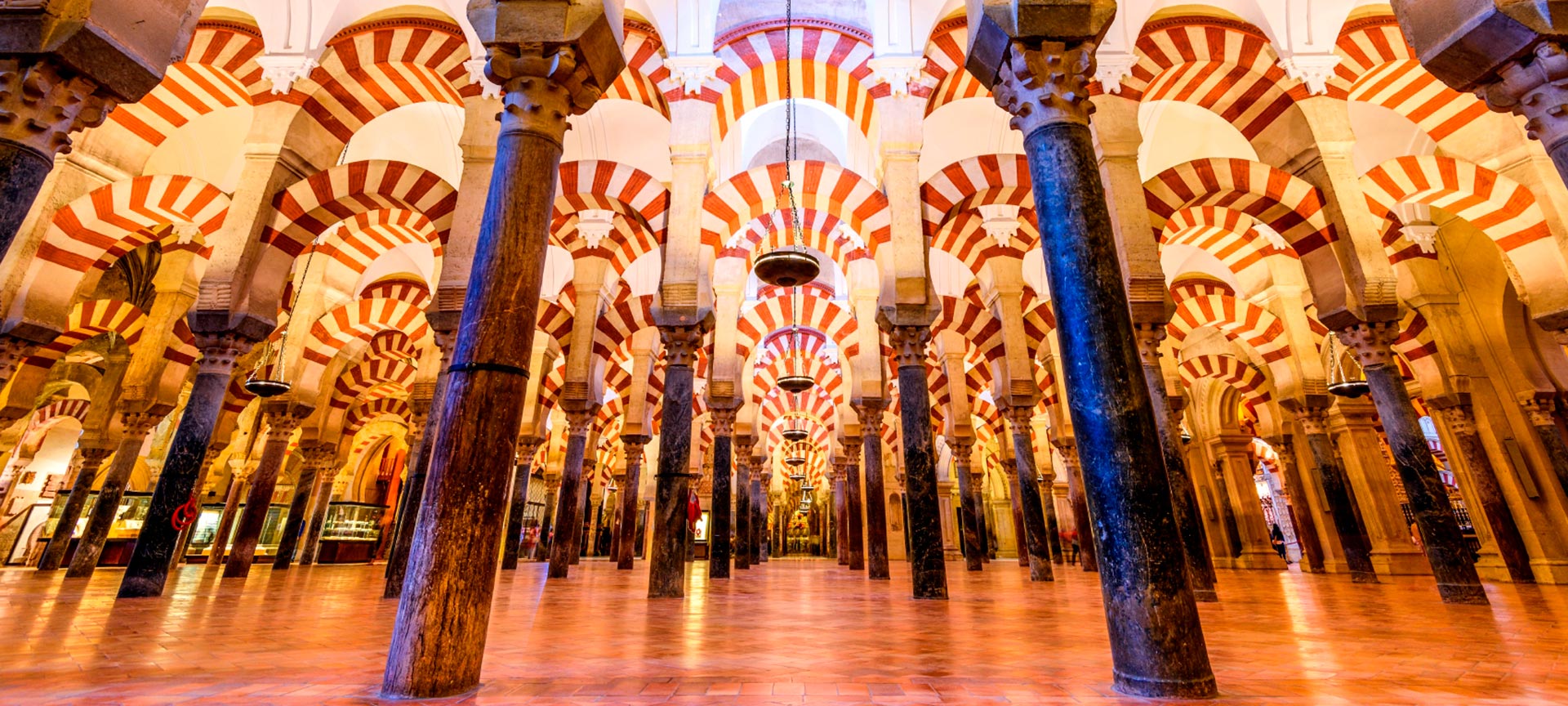
Reasons to study Spanish in Spain
Come learn the second most spoken language in the world
Are you interested in travelling to Spain to study the second most spoken language in the world? Spanish is the official language in 21 countries, is spoken on five continents and allows you to communicate with more than 500 million people. Why not demonstrate your knowledge with official qualifications such as the Cervantes Institute's Diploma of Spanish as a Foreign Language (DELE)? This will expand your professional horizons. If you want to perfect your Spanish, you will find a wide range of intensive, long-term and tailored courses covering areas such as healthcare, law and business. You may be wondering if the destination has enough attractions, interests and facilities to make your stay comfortable. Here are some reasons why Spain is one of the most popular countries for the life-changing educational experience you are looking for.
Debe activar Javascript para poder utilizar este servicio
-

Academic prestige and educational quality
Spain has a competitive and quality education system that is recognised worldwide. It has over 90 universities (public and private), nearly 500 research institutes and more than 50 science and technology parks. And our officially recognised Spanish language schools for foreigners provide qualifications recognised by the Cervantes Institute. Another fact: Spain is the most popular host country for students from the European Union's successful ERASMUS+ programme.
-

International and multicultural environment
If there is something that characterises Spain, it is its multiculturalism. Keep in mind that, in addition to being the preferred country for Erasmus students, it is the second country in the world that receives the most tourists each year, exceeding 85 million visits. On university campuses and cities you will notice this marked international atmosphere and you will be able to choose between various accommodation options: apartments, shared flats, residences, halls of residence and host families.
-

Cultural and historical wealth
Did you know that Spain is the fifth country with the highest number of sites declared World Heritage by UNESCO? The mark left over the centuries by peoples and cultures such as Celts, Iberians, Phoenicians, Greeks, Carthaginians, Romans, Germans and Muslims has given Spain a huge number of monuments worthy of international admiration. These include the Alhambra in Granada, the Aqueduct of Segovia, the Mezquita-Cathedral in Cordoba, the Roman Theatre in Merida, the Cathedral of Burgos, the Royal Monastery of San Lorenzo de El Escorial and the Sagrada Familia in Barcelona. In addition, the more than 1,500 museums spread throughout the country are another of its attractions. Madrid's “Paseo del Arte” is home to some of the most important collections on the planet, in galleries such as the Prado, the Reina Sofía National Art Museum and the Thyssen-Bornemisza. Other attractions include the Guggenheim in Bilbao, the Picasso Museum in Malaga and Cuenca's Museum of Abstract Art.
-

Quality of life
With almost 3,000 hours of sunshine, Spain enjoys a pleasant climate all year round, so you can enjoy suitable temperatures for outdoor activities at any time of the year. In addition to sports in the natural world, there are modern sports facilities and teams you can join. Spain's food, based on the Mediterranean diet, which has been declared Intangible Cultural Heritage by UNESCO, is so varied, rich and healthy that it can adapt to your food preferences, whatever they are. The high quality of its vegetable products, fruits and legumes is on par with its excellent meats, fish and seafood.
-

Calendar of events and leisure activities
Leisure activities in Spain include all kinds of activities and can be tailored to any budget. Going to the theatre, a concert or a sporting event and then going out for tapas from bar to bar or to a restaurant and continuing to dance in nightclubs open until dawn are some of the many options. There is a wide range of renowned music festivals and types of cultural activities. There are also many festivals that have been declared of “International Tourist Interest” throughout the year. These are events that place special emphasis on tradition and culture. These include the Carnivals of Cadiz and Santa Cruz de Tenerife (in February), the Fallas in Valencia (March) and Easter Week (March-April), the Feria de Abril in Seville (April/May), the Bonfires of San Juan in Alicante (June), the Fiestas del Pilar in Zaragoza (October) and the Magical Autumn in the Ambroz Valley.
-

Natural heritage
Did you know that, with 55 officially designated spaces, Spain is the country with the largest number of Biosphere Reserves in the world? You have 16 National Parks perfect for relaxing, hiking and other adventure sports. You can climb in the Ordesa y Monte Perdido National Park, dive in the Islas Atlánticas National Park, ascend Mount Teide (the highest peak in Spain) or ski in the Sierra Nevada. If you like cycling, discover the Vías Verdes (old railway lines converted into signposted routes) and the world-famous Camino de Santiago. There are almost 8,000 kilometres of coastline with beaches that vary from the large sandy beaches of Andalusia and the Mediterranean, to the coves of the Balearic Islands and the Canary Islands, and the combination of sea and mountains in the north.
-

High-quality, sustainable transport
Whatever destination you choose (from large cities such as Madrid, Barcelona or Valencia to smaller cities like Salamanca or Granada), it is easy and safe to travel around the country. This is made possible by an advanced road, air, sea and rail transport system that includes a growing network of high-speed trains. There are student discounts on most public transport and, in particular, means of transport focused on sustainable mobility and responsible tourism, such as electric bikes, cars and scooters.
-

Safety
Choosing an international educational experience also involves evaluating the safety of the destination. Spain has one of the lowest crime rates in Europe, making it one of the safest countries in the world. And to ensure your peace of mind when you visit us, Spain offers innovative information and security systems, such as the free AlertCops mobile app and the Foreign Tourist Assistance Service (SATE).
Spain awaits you with open arms!
Travel plans for inspiring you













